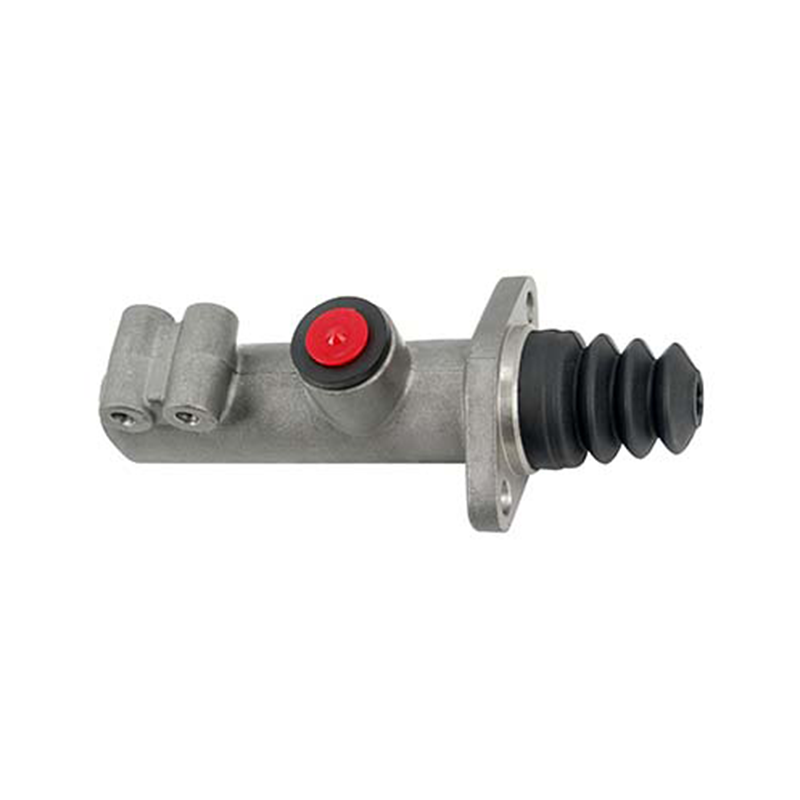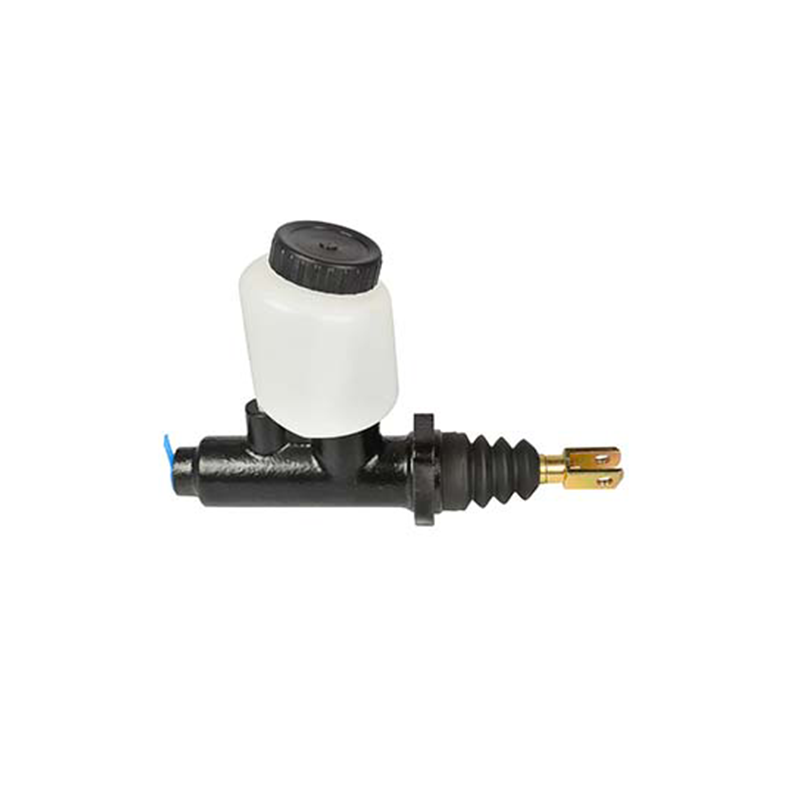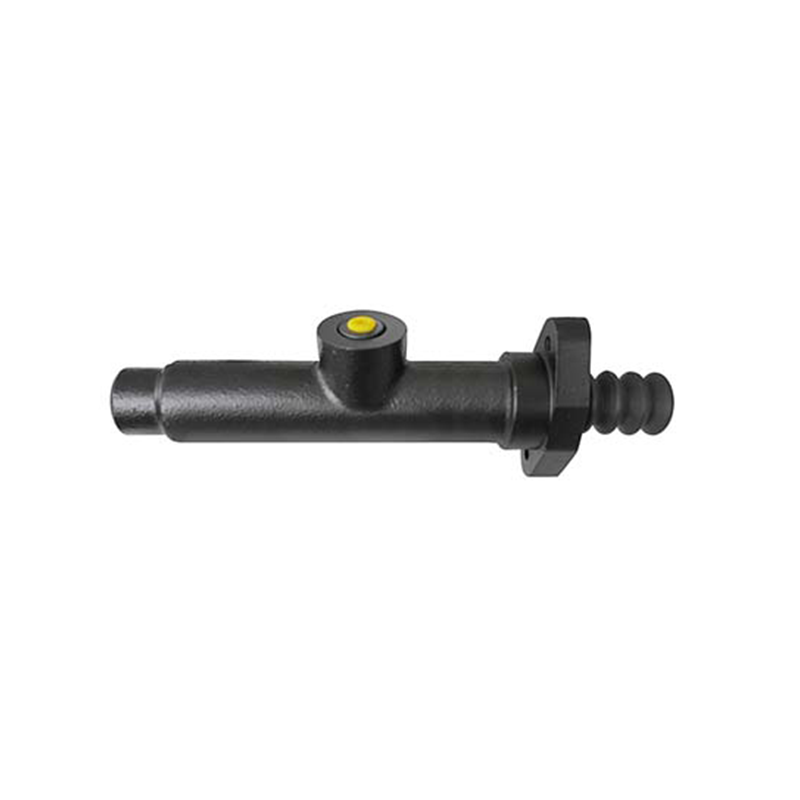
You might notice shifting problems in your truck if the Truck Clutch Master Cylinder isn’t working right. Watch for a soft or sinking clutch pedal, trouble when you shift gears, or fluid leaks near the pedal. You can check these signs with a quick look and simple tests.
Key Takeaways
- Watch for signs of a soft or sinking clutch pedal. This indicates a problem with the Truck Clutch Master Cylinder.
- Check for fluid leaks near the pedal or firewall. Leaks can lead to shifting difficulties and should be addressed immediately.
- Regularly inspect your clutch fluid. Clean and adequate fluid levels are essential for smooth shifting and overall clutch performance.
Truck Clutch Master Cylinder Symptoms

Soft or Sinking Clutch Pedal
Have you ever pressed your clutch pedal and felt it sink to the floor? Maybe it feels softer than usual. This is a classic sign that something is wrong with your Truck Clutch Master Cylinder. When the master cylinder fails, it cannot build enough pressure. You might notice the pedal feels spongy or does not return quickly. If you ignore this symptom, you could lose control over your clutch.
Tip: Try pressing the clutch pedal several times. If it gets softer each time, you should check the master cylinder.
Difficulty Shifting Gears
Do you struggle to shift gears smoothly? You might hear grinding noises or feel resistance when you try to change gears. This problem often points to trouble with the Truck Clutch Master Cylinder. The master cylinder helps transfer force from your foot to the clutch. If it does not work right, the clutch will not disengage fully. You may find it hard to get into first gear or reverse.
- Signs you might notice:
- Gear stick feels stiff
- Gears grind or refuse to engage
- You need extra force to shift
Visible Fluid Leaks Near Pedal or Firewall
Take a look under your dashboard or near the firewall in your engine bay. Do you see any wet spots or oily residue? Fluid leaks are a big clue that your clutch system needs attention. The Truck Clutch Master Cylinder uses hydraulic fluid to operate. If you spot leaks, the seals or connections might be worn out.
| Where to Look | What You Might See |
|---|---|
| Under pedal | Wet carpet, oily spots |
| Firewall | Drips, stains, or puddles |
Note: Fluid leaks can lower the pressure in your clutch system. This makes shifting even harder.
Low or Dirty Clutch Fluid
Check the clutch fluid reservoir. Is the fluid level low? Does the fluid look dark or dirty? Clean fluid is important for the Truck Clutch Master Cylinder to work well. Low fluid can mean there is a leak. Dirty fluid can cause damage inside the cylinder.
- What you should do:
- Open the reservoir cap.
- Look at the fluid color and level.
- Top up with the right fluid if needed.
If you keep driving with bad fluid, you risk damaging the clutch system. Fresh fluid helps your truck shift smoothly.
Diagnosing Truck Clutch Master Cylinder Issues

Pedal Feel and Response Test
Start with your clutch pedal. Sit in the driver’s seat and press the pedal down with your foot. Does it feel soft or sink to the floor? Maybe it feels spongy or slow to come back up. These signs tell you something is wrong.
Tip: Try pumping the pedal a few times. If it gets softer or stays on the floor, you might have a problem with your Truck Clutch Master Cylinder.
A healthy clutch pedal should feel firm and spring back when you let go. If you notice anything strange, it’s time to look closer.
Checking for Leaks and Fluid Condition
Next, check for leaks and look at your clutch fluid. Open the hood and find the clutch fluid reservoir. It usually sits near the brake fluid reservoir. Look for any wet spots or oily marks around the reservoir, the firewall, or under the dashboard.
- Signs of leaks:
- Wet carpet near the clutch pedal
- Oily spots on the firewall
- Drips under your truck
Now, check the fluid itself. The fluid should look clear or slightly yellow. If it looks dark, dirty, or low, you may have a leak or old fluid.
Note: Leaks or dirty fluid can stop your Truck Clutch Master Cylinder from working right. Always use the correct type of fluid for your truck.
Considering Vehicle Age and Maintenance History
Think about how old your truck is. Older trucks often have more wear on parts like the clutch master cylinder. If you have not changed the clutch fluid in a long time, or if you have skipped regular maintenance, problems can show up faster.
- Ask yourself:
- How old is my truck?
- When did I last change the clutch fluid?
- Have I noticed any clutch issues before?
Keeping a record of repairs and fluid changes helps you spot patterns. If you see the same problem again and again, the Truck Clutch Master Cylinder could be the cause.
Master Cylinder vs. Slave Cylinder Problems
Sometimes, shifting problems come from the slave cylinder, not the master cylinder. Both parts work together to move the clutch.
Here’s a quick way to tell the difference:
| Symptom | Master Cylinder Issue | Slave Cylinder Issue |
|---|---|---|
| Soft or sinking clutch pedal | ✅ | ❌ |
| Fluid leak near pedal/firewall | ✅ | ❌ |
| Fluid leak near transmission | ❌ | ✅ |
| Trouble shifting gears | ✅ | ✅ |
If you see fluid leaking inside the cab or near the firewall, the master cylinder is likely the problem. If you spot leaks under the truck near the transmission, the slave cylinder might be to blame.
If you’re not sure, ask a mechanic for help. They can test both parts and find the real cause.
- You notice shifting problems in your truck.
- Quick checks help you spot issues with the Truck Clutch Master Cylinder.
- Early action saves you from bigger repairs.
Don’t wait if you see leaks or a soft pedal. Fixing it now keeps your truck running strong.
FAQ
What does a clutch master cylinder do in my truck?
Your clutch master cylinder pushes hydraulic fluid to the slave cylinder. This lets you engage and disengage the clutch when you press the pedal.
How often should I check my clutch fluid?
You should check your clutch fluid every oil change. Clean fluid helps your clutch work smoothly and prevents shifting problems.
Can I drive with a leaking clutch master cylinder?
You shouldn’t drive with a leak. Leaks lower fluid pressure. This can make shifting hard and damage your clutch system. Get it fixed soon!
Post time: Sep-02-2025





